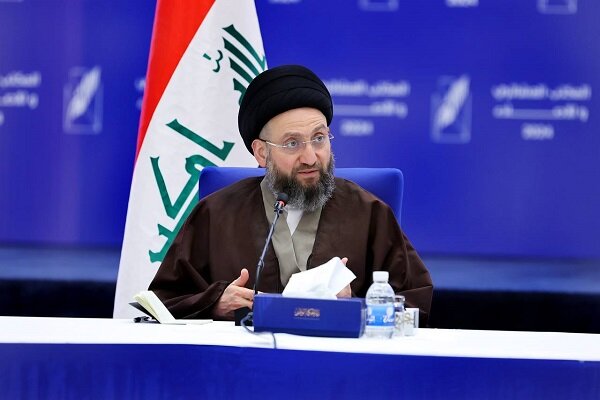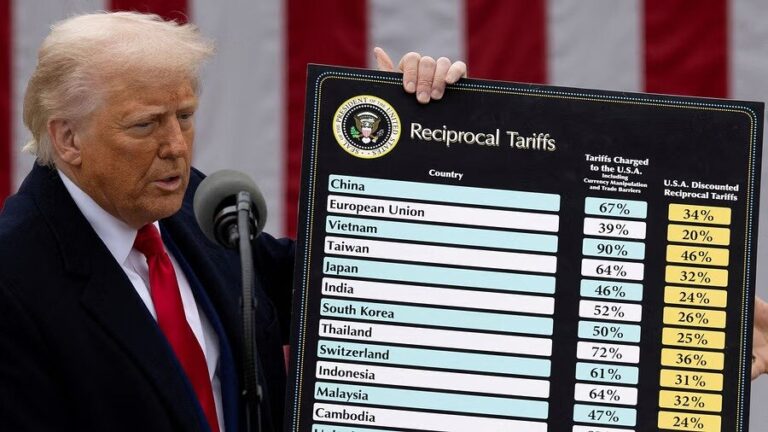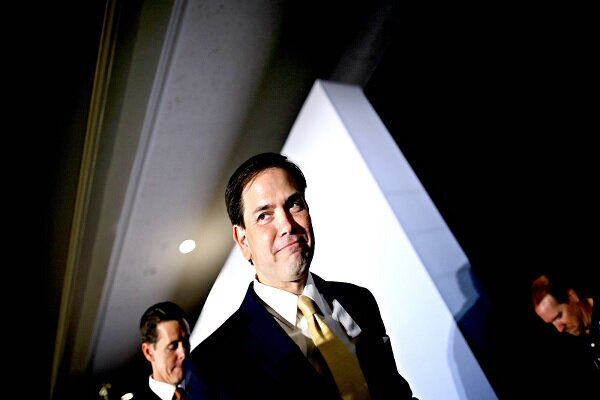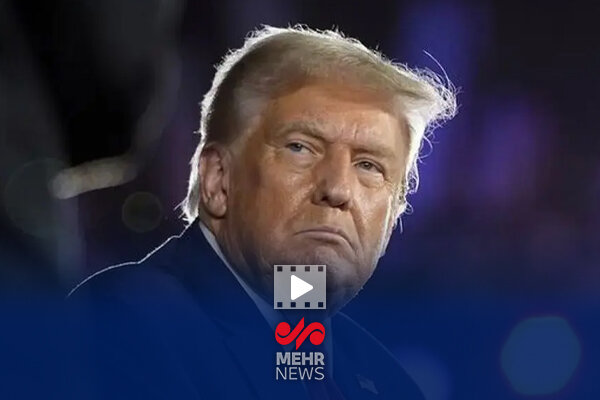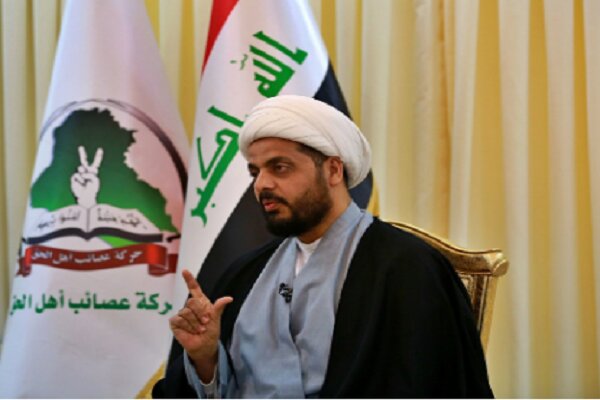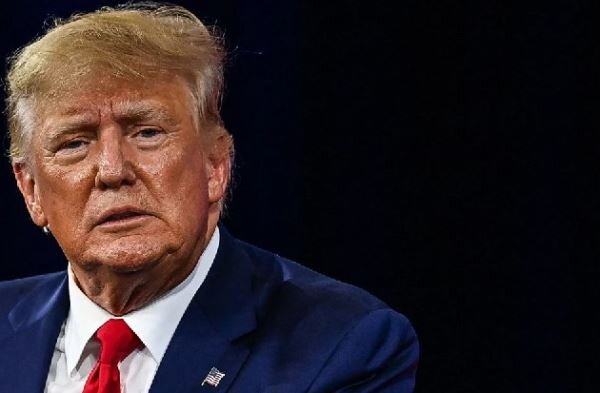Hakim Highlights Key Role of Popular Mobilization Forces in Strengthening Iraq’s Security
Ammar al-Hakim, the prominent leader of Iraq’s National Wisdom Movement, recently underscored the significant role of the Popular Mobilization Forces (PMF) in safeguarding the nation. During his visit to the PMF operations headquarters in Anbar Province, he praised the group’s sacrifices which have been crucial for Iraq’s liberation from extremist threats.
Hakim’s remarks highlighted the urgent need to maintain security measures and to uphold recent accomplishments in the fight against terrorism. He recognized the invaluable contributions of the PMF alongside other security forces while calling for heightened vigilance and the integration of advanced technologies, including artificial intelligence, to bolster intelligence and security operations across the country.
Key Insights from Ammar al-Hakim’s Visit
During his visit, Hakim shared several critical points regarding the PMF and Iraq’s security landscape:
- Public Scrutiny: Hakim acknowledged that the PMF is currently under intense public scrutiny, emphasizing that safeguarding the group’s reputation is a shared responsibility among all officials.
- Engagement with Citizens: He urged government officials to listen to citizens’ concerns, address issues transparently, and effectively communicate security measures to the public.
- Stability in Iraq: Hakim pointed out that Iraq’s current stability surpasses that of many other countries in the region, attributing this success to divine favor and the sacrifices made by the PMF and other security forces.
- Importance of National Unity: He stressed that the rise of terrorism has highlighted the necessity for national unity, leading to the formation of the PMF following a religious edict from Grand Ayatollah Ali al-Sistani.
Hakim’s visit and his statements reaffirm the critical role of the PMF in Iraq’s ongoing fight against terrorism and the importance of community engagement in maintaining security. His emphasis on the adoption of new technologies reflects a forward-thinking approach to enhancing operational efficiency and effectiveness within the security apparatus.
The Role of PMF in Iraq’s Security Framework
The Popular Mobilization Forces have been instrumental in Iraq’s battle against extremist groups, particularly in the wake of the ISIS crisis. Their evolution as a critical security component has not only contributed to military successes but has also fostered a sense of national solidarity among Iraqis.
Here are some essential roles played by the PMF:
- Military Defense: PMF units are pivotal in defense operations against terrorist factions, ensuring the territorial integrity of Iraq.
- Community Support: They often engage in community service initiatives, helping rebuild areas affected by conflict.
- Intelligence Gathering: The integration of advanced technologies, such as AI, into their operations enhances intelligence capabilities, allowing for preemptive measures against potential threats.
- Collaboration with Security Forces: The PMF works alongside the Iraqi army and police, creating a unified front against terrorism.
By focusing on these aspects, the PMF not only addresses immediate security concerns but also lays the groundwork for a more stable and unified Iraq. This multifaceted approach is critical as the nation navigates through complex regional dynamics and internal challenges.
Conclusion: The Path Forward for Iraq
Ammar al-Hakim’s visit to the PMF operations headquarters serves as a reminder of the ongoing challenges facing Iraq and the vital role that the PMF continues to play in ensuring national security. As Iraq strives for stability and progress, the integration of modern technologies and community engagement will be essential. The call for transparency and dialogue with citizens reflects a commitment to building trust and fostering a collaborative environment for security governance.
As the situation evolves, the cooperation between the PMF, government officials, and the public will be crucial in maintaining the hard-won peace in Iraq. The combination of vigilance, technological advancement, and public engagement will define the future trajectory of Iraq’s security landscape.
